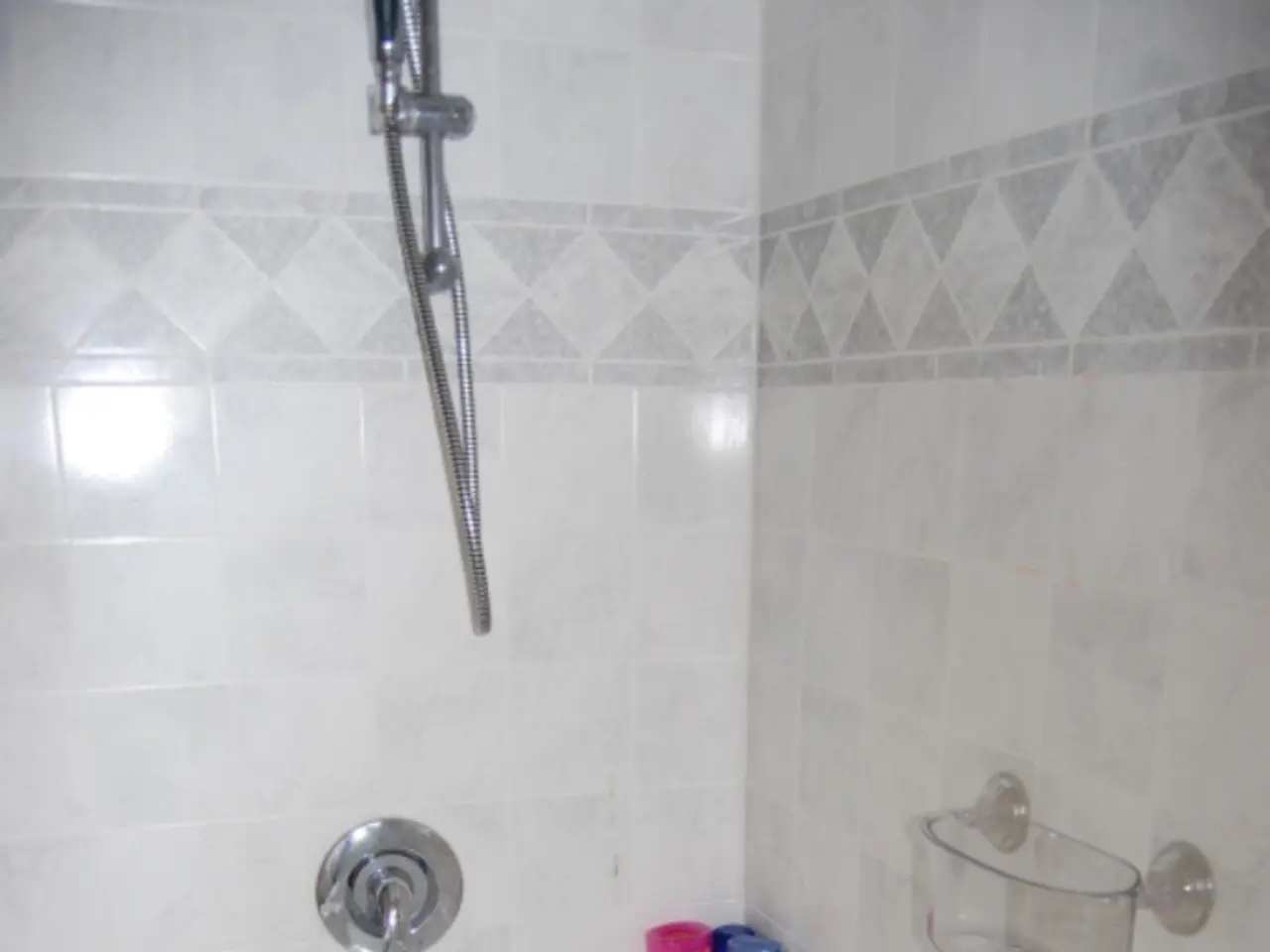Enhanced blood pressure and immune function found in hot tub usage
In a groundbreaking study published in the American Journal of Physiology in 2025, researchers at the Bowerman Sports Science Center at the University of Oregon found that hot tubs provide stronger benefits than saunas for lowering blood pressure and enhancing the immune system response.
The study, led by lead author Jessica Atencio, involved ten men and ten women who exercised regularly, aged 20 to 28 years old. The participants were submerged in hot water at a temperature of 104°F (40°C) for about 20 minutes. The researchers monitored subjects' body temperature, blood pressure, heart rate, cardiac output, immune cell populations, and blood biomarkers of inflammation.
The results were striking. A long soak at around 104°F (40°C) in a hot tub triggered the greatest immune response and the most significant drop in acute inflammation markers, along with the largest increase in core temperature (+1.1°C) and cardiac output (+3.7 L/min), which helps reduce blood pressure more effectively than traditional or infrared saunas.
The key difference lies in heat transfer efficiency. Water's high heat conductivity makes hot tubs more effective at raising core body temperature quickly and deeply, which amplifies cardiovascular and immune benefits compared to the dry heat of saunas. This greater thermal stress from hot water immersion triggers the body’s immune system more robustly, increasing immune cell activity and reducing inflammation.
Hot tubs also offer additional benefits. Hydrotherapy jets provide massage effects that aid muscle recovery and reduce pain, further supporting overall wellness beyond the cardiovascular and immune benefits.
While saunas also promote detoxification through sweating and provide relaxation and cardiovascular benefits, their impact on decreasing blood pressure and boosting immune response is generally less pronounced due to lower heat transfer efficiency and smaller rises in core temperature.
It's important to note that hot tub use comes with certain precautions. It is advisable to consult a physician before starting any heat therapy or exercise regimen. Proper hydration is necessary to prevent dehydration and overheating when using a hot tub. Alcohol and drugs should be avoided before or during hot tub use. Showering before and after using a hot tub is important for personal hygiene.
As Atencio states, "Increasing body temperature causes an increase in blood flow." This increased blood flow in hot tubs is beneficial for vascular health. However, it's crucial to limit soaking time to 15-20 minutes, especially at higher temperatures.
In conclusion, for targeted benefits in blood pressure reduction and immune system enhancement, hot tubs appear to have the edge over saunas according to current research. This isn't the first study to imply the benefits of hot water on heart health, but it adds to the growing body of evidence supporting the use of hot tubs as a valuable tool for nonpharmacological treatment.
The study's findings also reinforce the importance of maintaining a healthy lifestyle and taking preventive measures for conditions like strokes, which account for 80% of all stroke cases and can be largely prevented with the right habits and care. For instance, the book "The Stroke Syndrome: 5 Signs it's Stalking You - Plus the Hidden Causes and Preventive Measures You've Never Heard About!" discusses various preventive measures for strokes.
As always, it's essential to consult with a healthcare professional before making any significant changes to your health routine.
- The study published in the American Journal of Physiology in 2025 reveals that hot tubs offer benefits for heart health, as they effectively reduce blood pressure and enhance immune system response compared to saunas, due to their higher heat transfer efficiency.
- The research, led by Jessica Atencio, discovered that hot tubs provide significant drop in acute inflammation markers, increase core temperature, and boost cardiac output, all contributing to improved heart health and wellness.
- While saunas offer detoxification and relaxation benefits, the impact on lowering blood pressure and boosting immune response is generally less, largely due to lower heat transfer efficiency and smaller rises in core temperature.




